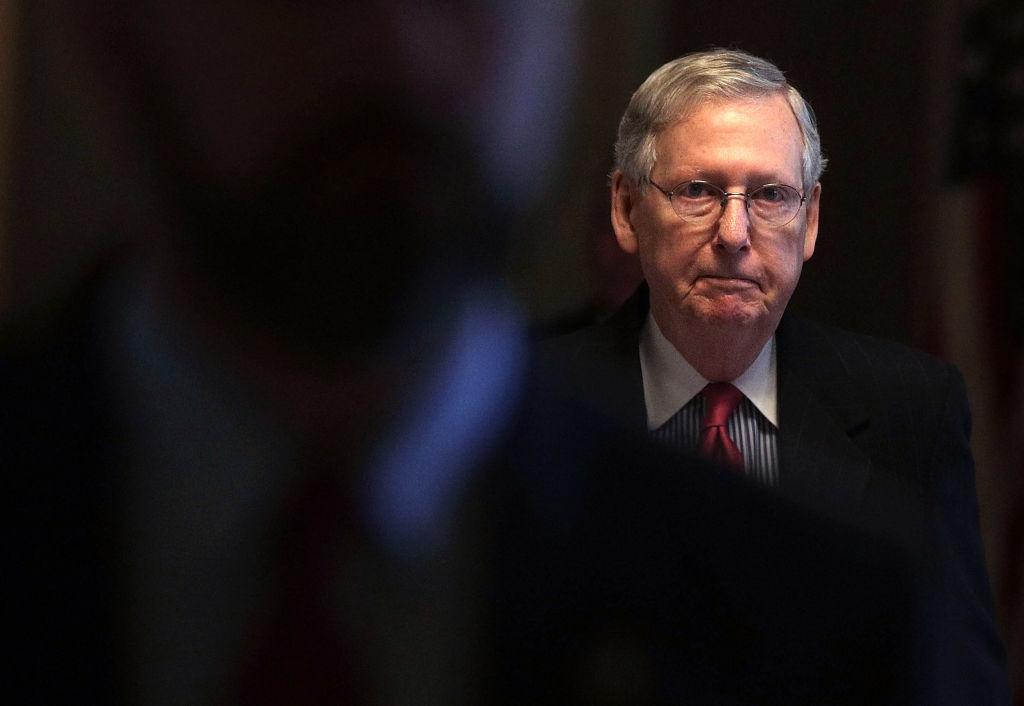WASHINGTON—Senate Republicans on Thursday crushed a Democratic blockade of President Donald Trump’s U.S. Supreme Court nominee in a fierce partisan brawl, approving a rule change dubbed the “nuclear option” to allow for conservative judge Neil Gorsuch’s confirmation by Friday.
With ideological control of the nation’s highest court at stake, the Republican-led Senate voted 52-48 along party lines to change its long-standing rules in order to prohibit a procedural tactic called a filibuster against Supreme Court nominees. That came after Republicans failed by a 55-45 tally to muster the 60-vote super-majority needed to end the Democratic filibuster that had sought to deny Gorsuch confirmation to the lifetime post.
The Senate paved the way for senators to confirm Gorsuch by simple majority. Republicans control the Senate 52-48. The rule change has been dubbed the “nuclear option” because it has been considered an extreme break with Senate traditions, and Trump has encouraged McConnell to “go nuclear.”
“This will be the first and last partisan filibuster of the Supreme Court,” Republican Senate Majority Leader Mitch McConnell said on the Senate floor, accusing Democrats of trying to inflict political damage on Trump and to keep more conservatives from joining the high court.






